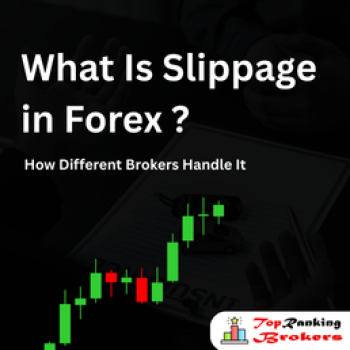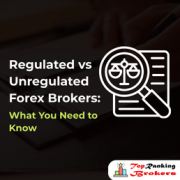What Is Slippage in Forex? How Different Brokers Handle It
Spread From :
Foundation Year :
Broker Type :
Do you like this broker? Like / Dislike !
Broker Trusted Point0
Broker Details
Min Deposit :
Min Withdrwal :
Spread From :
Max Leverage :
EA Trading :
Scalping :
Hedging :
Broker Type :
Headquarter :
Foundation Year :
No Deposit Bonus:
Trading Platforms :
Demo account : YES
Customer Live Chat : YES
Regulation :
Payment Method :
{{ reviewsOverall }} / 5
Users
(0 votes)
Broker
Spread
Customer Support
What people say...
Leave your rating
Show more
Order by:
Be the first to leave a review.
{{ pageNumber+1 }}








